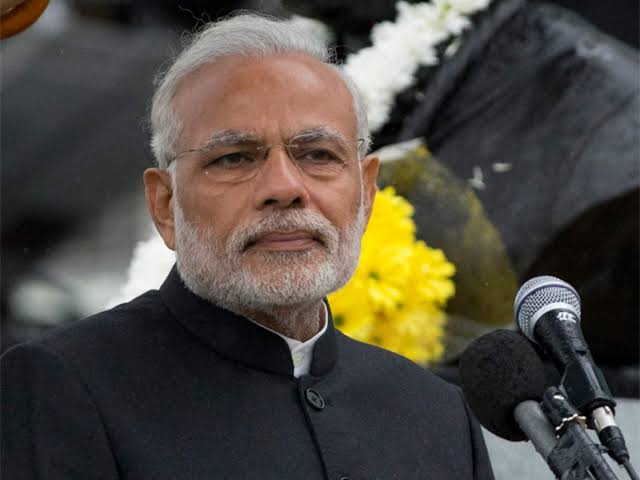BRICS supports collective solution for international debt issue

The summit’s participants urged “multilateral financial institutions and international organizations to play a constructive role in building global consensus on economic policies and preventing systemic risks of economic disruption and financial fragmentation”
BRICS countries (Brazil, Russia, India, China and South Africa) stand for the collective resolution of issues related to international debt, the final declaration of the union’s 15th summit said.
“We believe it is necessary to address the international debt agenda properly to support economic recovery and sustainable development, while taking into account each nation’s laws and internal procedures,” the declaration, dubbed Johannesburg-2, said.
“One of the instruments, amongst others, to collectively address debt vulnerabilities is through the predictable, orderly, timely and coordinated implementation of the G20 Common Framework for Debt Treatment, with the participation of official bilateral creditors, private creditors and Multilateral Development Banks in line with the principle of joint action and fair burden-sharing,” the declaration stresses.
The summit’s participants urged “multilateral financial institutions and international organizations to play a constructive role in building global consensus on economic policies and preventing systemic risks of economic disruption and financial fragmentation.” “We call for Multilateral Development Banks (MDBs) to continue implementing the recommendations which should be voluntary within MDBs governance frameworks, from the G20 Independent Review Report on MDBs Capital Adequacy Frameworks to increase their lending capacities, while safeguarding MDBs long-term financial stability, robust creditor rating, and preferred creditor status,” the statement says.
The BRICS countries expressed confidence that “multilateral cooperation is essential to limit the risks stemming from geopolitical and geoeconomic fragmentation and intensify efforts on areas of mutual interest, including but not limited to, trade, poverty and hunger reduction, sustainable development, including access to energy, water and food, fuel, fertilizers, as well as mitigating and adapting to the impact of climate change, education, health as well as pandemic prevention, preparedness and response.”



